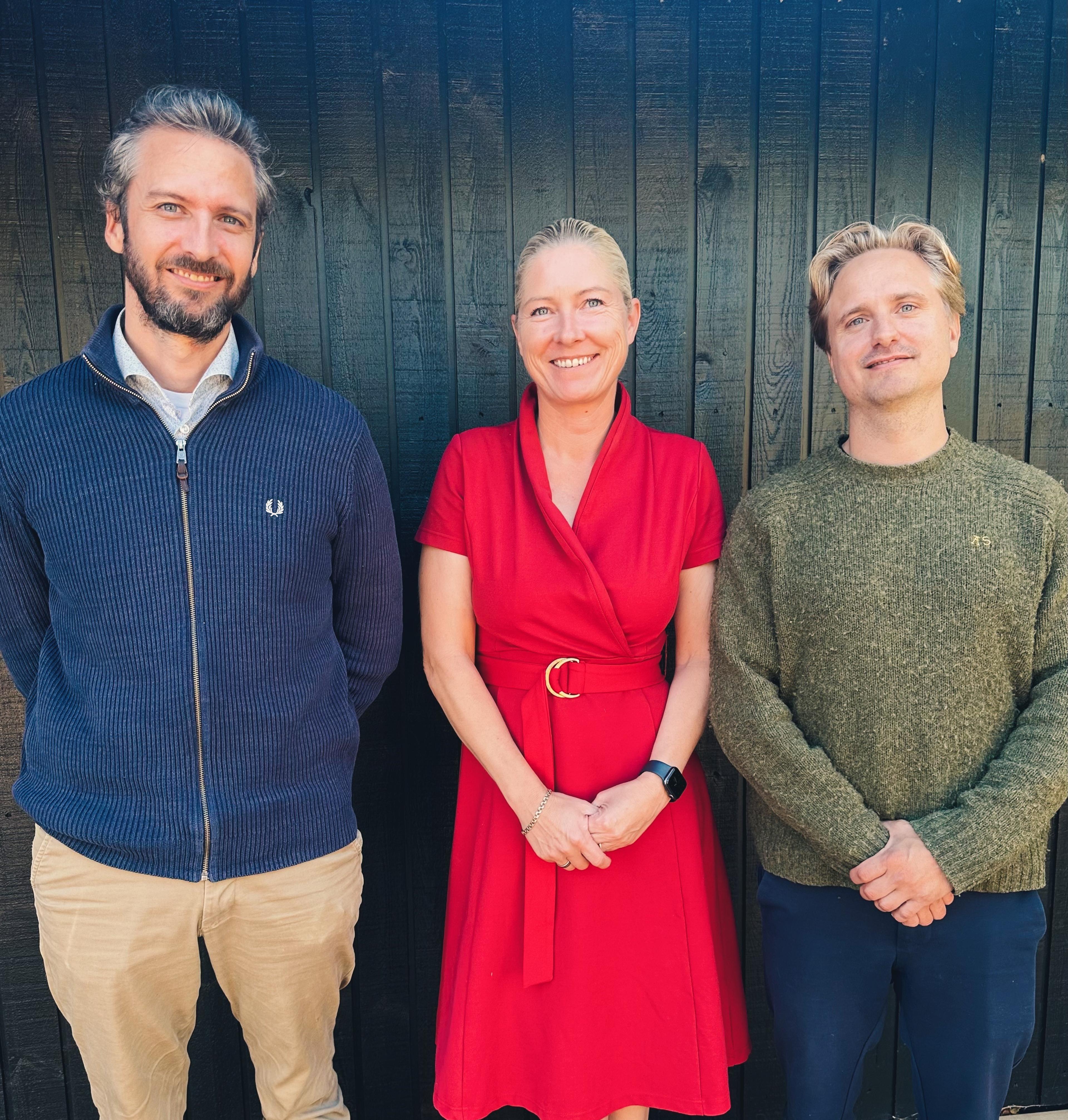Dear all who have donated, followed, and generally supported the DSGU project, we owe you an update, and here it is. Being a small NGO, primarily driven by volunteers, our immediate sacrifices tend to be in marketing, article writing, and overall online presence. However, this doesn't mean we aren't working diligently. Indeed, much has transpired since our last communication.
We have received a donation from a significant Danish foundation and also received funding from the Civil Society in Development (CISU). CISU collaborates with the Ministry of Foreign Affairs, introducing us to the Danish Emergency Relief Fund (DERF). The resources of CISU and its pools primarily come from Danish developmental aid and thus align with the Civil Society Policy and other strategies and policies approved by the government and parliament. DERF funds organizations that can act swiftly, efficiently, and with integrity and flexibility during acute humanitarian crises. Hence, we're immensely proud to have DERF collaborate with DSGU.
"DERF supports life-saving interventions through localized humanitarian response and assists particularly vulnerable groups of people, including refugees, IDPs, and host communities."
What are the funds used for?
The dam in Kharkovka collapsed on June 6th, 2023. As the water receded, damage to infrastructure and areas previously known for UXOs and mines became evident. With most regions now accessible, immediate intervention is crucial to prevent UXO and mine accidents, especially in places like backyards, playgrounds, and fields. These remnants pose a significant threat to returning residents, especially children, women, and the elderly. Thus, we've set up two teams focusing on "EORE" (Explosive Ordnance Risk Education). In line with the UN's IMAS 12.10 standards, we're educating the local population on identifying and safely dealing with UXOs.
DSGU and our local partners have also set up a Rapid Reaction non-technical survey team (NTS). The primary aim of our NTS team is to utilize all appropriate non-technical means to identify, collect, analyze, and report information with the intent to:
- determine Safety and High-risk areas (SHAs/CHAs)
- advise on the nullification or reduction of hazardous zones
- support prioritization processes and
- contribute to the effective planning of subsequent technical interventions.
In the Mykolaivska and Khersonska provinces, 93% of the agricultural producers cultivate crops exclusively. UXOs contaminate their soil, putting farmers at daily risk. Clearing agricultural land of UXOs is vital as uninformed farmers are prone to accidents. For the farmers in Mykolaiv Oblast, NTS is crucial. They collaborate with local communities to identify areas with UXOs and report to national and local authorities, aiming to inform local agencies for effective clearance.
The majority of the local population, primarily consisting of women, children, and the elderly (as many men have been drafted into military service), urgently need education about the risks associated with explosive remnants (EORE).
The region continues to require international support, especially given the reduced funding in 2023 compared to 2022, as reported by UNOCHA. We would greatly appreciate your continued support for DSGU, ensuring full transparency in how your donations are utilized.
About Team DSGU
Team DSGU writes the content for the DSGU website
